Critical Corner: One Battle After Another
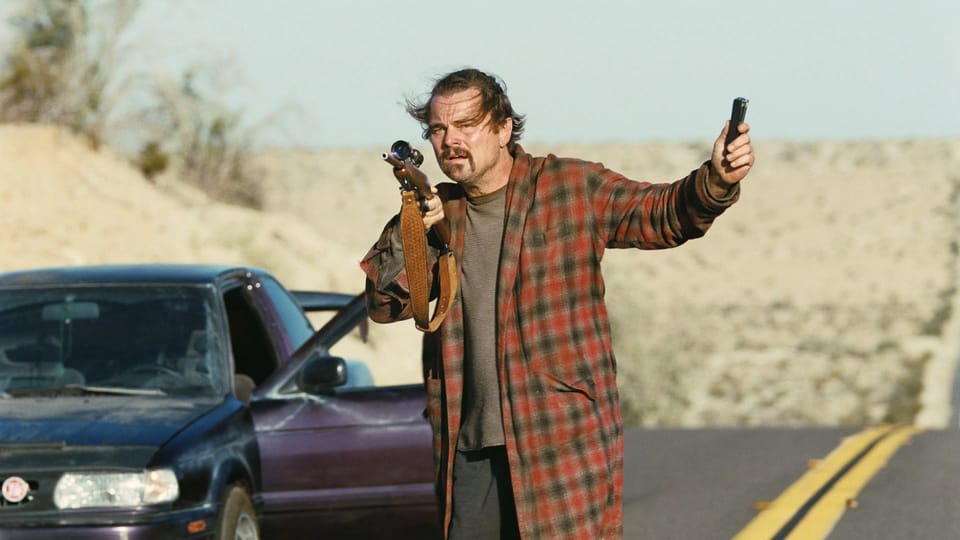
In this edition of Critical Corner, a review of Paul Thomas Anderson's One Battle After Another, which continues a near-unparalleled reign of "so much"-ness.
Like any reviewer, I have certain go-to phrases that sort of dance around how I feel about a given work. For example, “It’s exactly the show they wanted to make” is neither inherently good nor bad, but can definitely be taken any way the reader wants, and is a phrase I have deployed more than a few times with varying levels of success. Another phrase is, “It’s so much show/film/book” (choose applicable artform). Again, neither inherently good nor bad, and can be deployed with whatever intention.
One Battle After Another is so much film – and I mean that in the best way possible. Paul Thomas Anderson has a track record of doing films that mix the intimate and the epic, perhaps better than any living filmmaker (and his artistic footsteps might not follow exactly in the wake of Robert Altman, but there’s more than some overlap there). His latest is definitely an epic, but with so many beautiful, intimate, and deeply complex moments layered within that it feels much more like an indie film than a major studio one, complete with interview clips poised to go viral and Fortnite collabs.
The film, extremely loosely based on Thomas Pynchon’s Vineland, is a story abruptly cut into two parts. In the first part, a far-left revolutionary group, French 75, fights against fascism and capitalism, breaking detainees out of detention centers and robbing banks, in what is hazily framed as being somewhen around the Obama era. Pat Calhoun (Leonardo DiCaprio) and Perfidia Beverly Hills (Teyana Taylor) are two members of the group who are romantically involved, but the revolution is clearly more important to one of them (guess which). Their actions lead them across the path of Lockjaw (Sean Penn, believably monstrous), a military officer who develops a perverse sexual fetish for Perfidia after she humiliates him. Without spoiling anything, shit goes downhill, Perfidia disappears, and we cut to sixteen years later, somewhere in the near future.
Pat Calhoun is now Bob Ferguson, and he’s a deadbeat dad raising his and Perfidia’s daughter, Willa, in a sanctuary city. However, after Lockjaw is offered entry to an exclusive white supremacist group – unsubtly called the Christmas Adventurers Club – he has to cover tracks of his sexual relationship with Perfidia, and uses every resource, military and mercenary, to hunt them down. What follows is a mixture of a tense action film, a sprawling political thriller, and the best car chase I’ve seen outside of a Fast or a Furious.
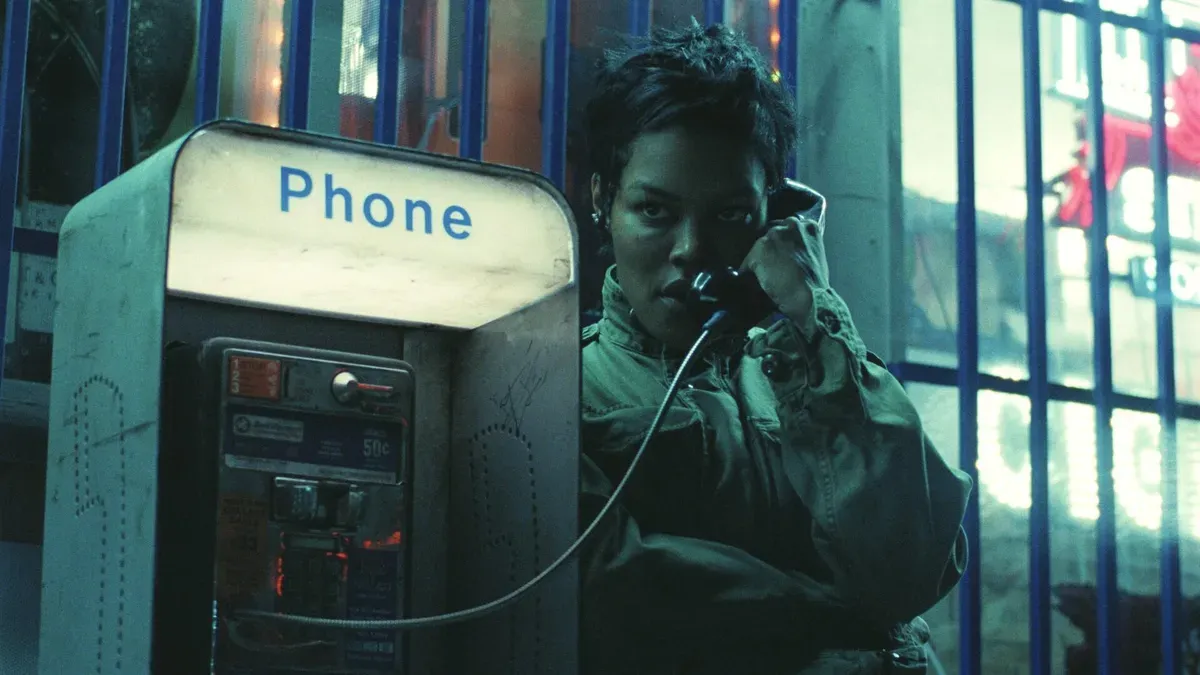
PTA never loses the thread in this film; every scene contributes to the point he is trying to make, without ever letting the foot off the gas. Despite the film’s length at just over two and a half hours, it feels neither padded out nor rushed. Additionally, while the politics in this film are wildly unsubtle – fascism bad, revolution good – that doesn’t mean they aren’t complex. The film is throwing a few ideological grenades into the mix, about the ways in which race, gender, class, and even generation affect the ways in which we allow the world to be, while also interrogating the messy interpersonal dynamics that allow both revolution and fascism to exist. It’s so much film but it’s exactly the right amount of film.
That “so much” applies to the craft of the film. Jonny Greenwood, once again, nails it with a persistent, percussive score that is just on the right side of feeling diagetic without being too clever about it. Michael Bauman’s cinematography makes this world feel as big as it needs to; the chase that makes up much of the last hour of the film, despite being between just a few of the main players, feels just as epic as the long sequences where Bob is wading through seas of people – revolutionaries within the community in their own right – as he bumbles his way to a very much assisted escape. Even Andy Jurgensen’s editing sticks the landing, with some cuts between storylines and even timeframes hitting like a truck without drawing attention.
DiCaprio gives my favourite performance of his in years. I’ve never been a fan of him in full serious mode (The Revenant, Inception) and find that he’s best when he’s able to actually lean into his charm, rather than dull it down in favour of shallow intensity. He’s always better when he’s playing up against larger forces, or playing loveable goofs, as he is here. Bob Ferguson is perhaps the least competent person in the film, and definitely the least effective revolutionary, and DiCaprio leans into that. His reaction when he thinks Benicio Del Toro’s underground railroad mastermind Sensei (also at his best here, with a similarly light touch) is yelling at him to get off his phone, when he’s really barking at a child, is priceless.
It’s no surprise that the performances in a PTA film are as well-calibrated as everything around them, I don’t think there’s ever actually been a bad performance in one of his films, be it from a movie star, a supporting player, or someone with just a few lines. Teyana Taylor brings exactly the right kind of Big™ to her role; the kind of person who leads a collective but not might be transparent to them. Chase Infiniti finds shades of both her parents in the character of Willa, and as the cast’s primary representative of gen-Z (or even gen-A), never condescends to the character’s intelligence. As always, Regina Hall brings so much life and vividity to her character, revolutionary Deandra, that you wish there was more of her. It’s a credit to these actors – and also PTA’s writing – that One Battle After Another feels exactly like a reflection of its title; just one battle amongst many.
There’s a lot to love about One Battle After Another in the moment, but it’s the days after the film where I’m finding more and more tunnels to ferret my brain into. Whether it’s the unresolved tenseness of the racial politics in the film – what Blackness means to this particular story and this particular revolution is touched upon more than interrogated – or even PTA’s exploration of what kinds of revolution make meaningful change in the world, it’s a film that opens more conversations than it closes. Rather than being “so much”, that’s the thing that makes a Paul Thomas Anderson film special; they’re about provoking, rather than determining.
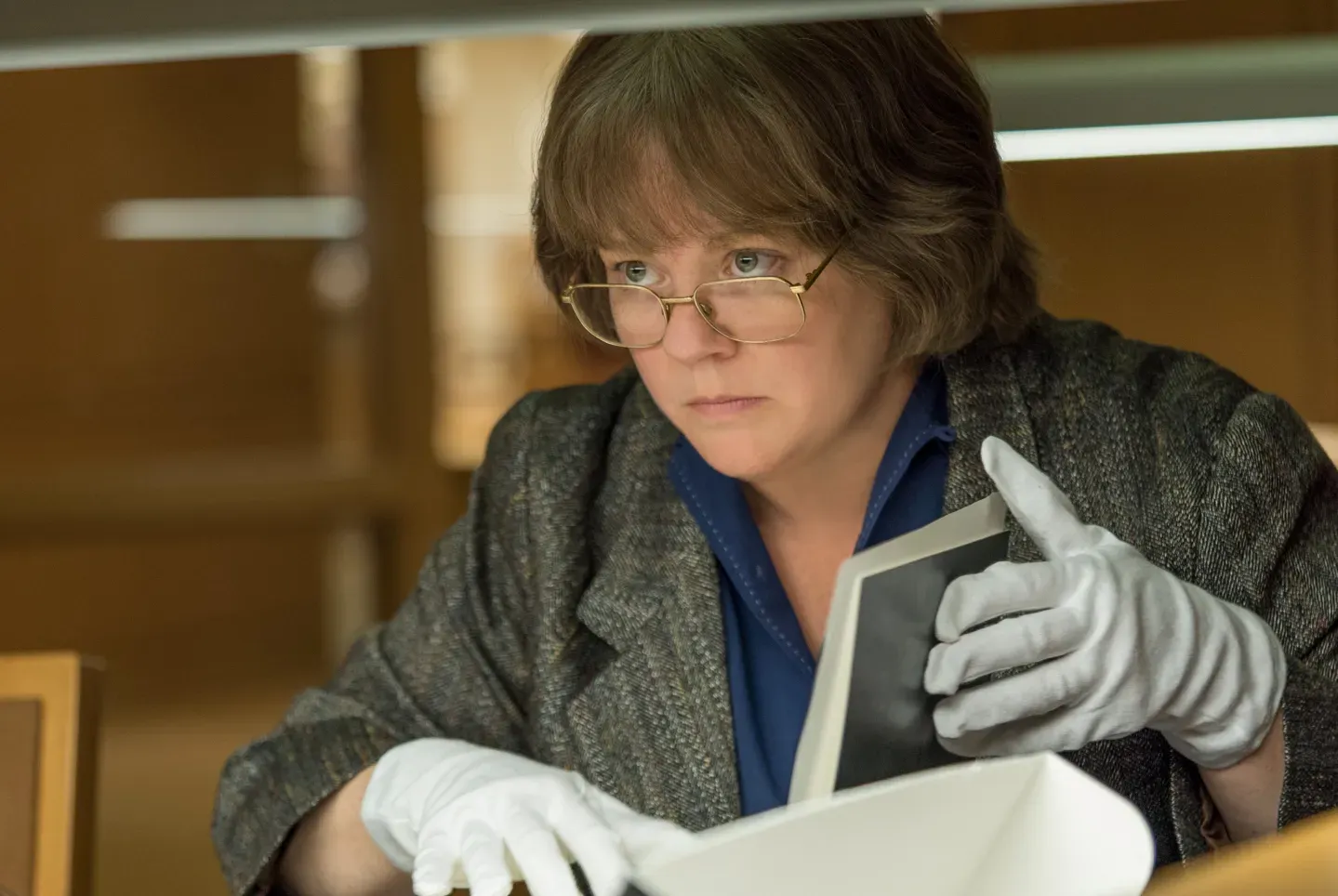
Other Things I’ve Consumed
- I rewatched Can You Ever Forgive Me? It’s right up there with Young Adult as the best films about writers who don’t actually write. I think this time around – which is my fourth or my fifth – I mostly appreciated how every single performance contributes to the film and its highly specific 1980s dive-y New York milieu. If you’ve avoided it for any reason, or not even heard of it, I highly recommend giving it a shot.
- I read Empire of the Elite by Michael M. Grynbaum, which was both an entertaining tell-all about Conde Nast, and a depressing obituary to an era of media that for better and perhaps slightly worse, doesn’t exist now.
Writing and reporting takes time, and if you want to support the amount of time it takes (and ensure that the scant amount of meaningful coverage of local art can continue), please considering supporting Dramatic Pause with a paid subscription ($8 p/m, $60 p/a) and if you can't afford a paid subscription, please share the work with your networks!

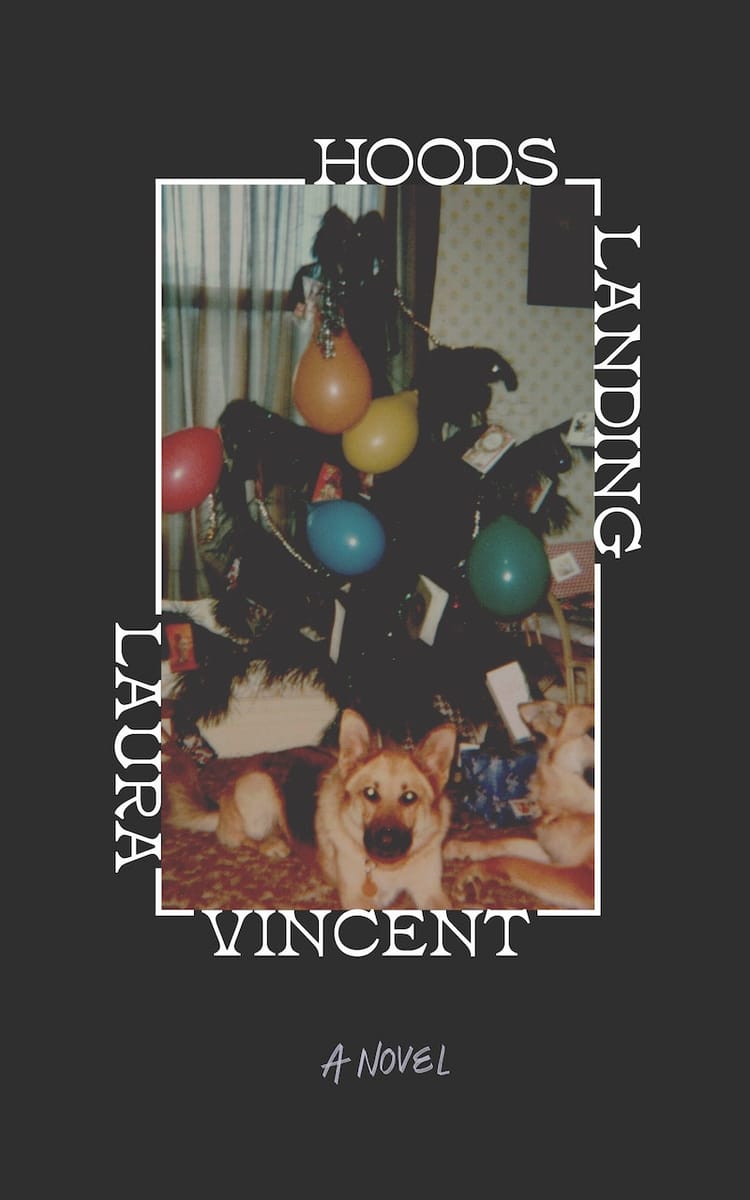

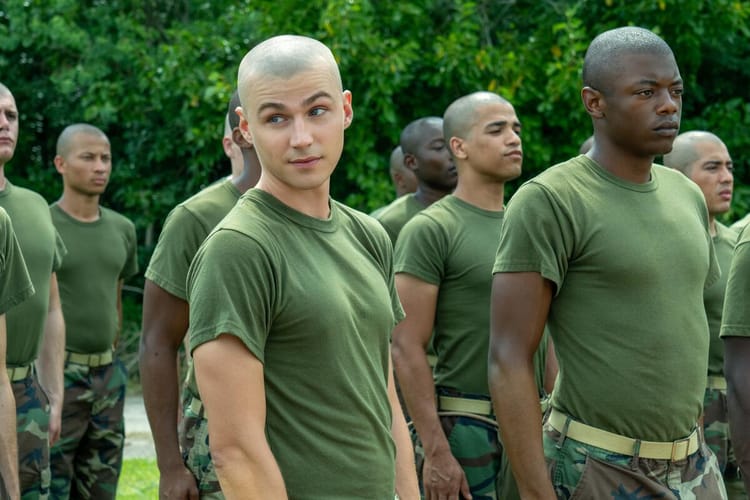

Member discussion